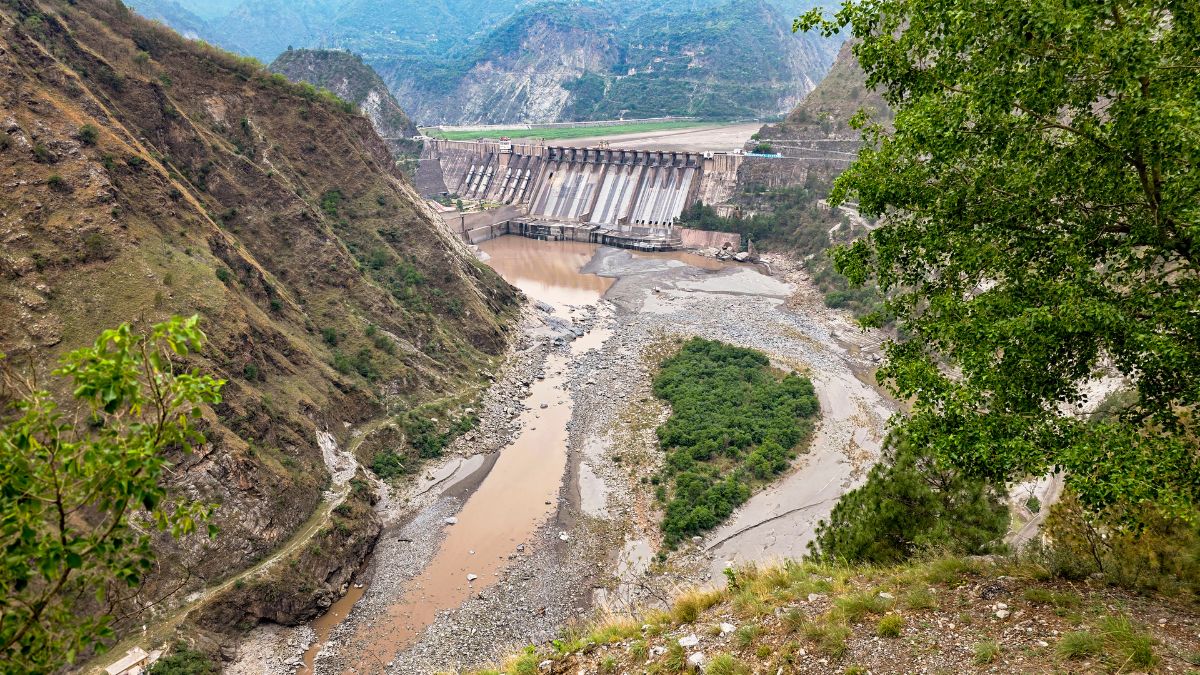Explained: How Pahalgam terror attack was the final nail in the coffin for Indus Waters Treaty
 All gates of Salal Dam on the Chenab River were closed following suspension of the Indus Waters Treaty | PTI
All gates of Salal Dam on the Chenab River were closed following suspension of the Indus Waters Treaty | PTI
Sixty-five years ago, India inked the Indus Waters Treaty, allowing Pakistan to use 80 per cent of the water available in the Indus river system. Brokered by the World Bank, the treaty signed by Jawaharlal Nehru and then Pakistan President Ayub Khan has stood the test of time, thanks to India's generosity.
Even during the wars of 1965, 1971 and 1999, India honoured its commitment to the Indus Waters Treaty. But Pakistan continued to provoke India, including the 2001 Indian Parliament attack, the 26/11 Mumbai attack in 2008 and the 2019 Pulwama attack. However, the recent terror attack in Pahalgam that claimed 26 innocent lives was the final nail in the coffin. India decided to suspend the treaty, holding Pakistan responsible for the attack carried out by its state-sponsored terror groups.
So you might wonder how the Indus Waters Treaty works? We have got it covered for you. The pact gives India control of the three eastern rivers Beas, Ravi and Sutlej, while Pakistan controls the three western rivers Indus, Chenab and Jhelum. Pakistan relies on the Indus and its tributaries for 80 per cent of irrigation and one-third of its hydropower needs. India's efforts to construct the Kishanganga and Ratle hydroelectric projects often faced delays over Pakistan's objections in the past.
However, with the suspension of the treaty, India is now increasing the holding capacity of the Salal and Balighar dams on the Chenab river. For this, the authorities ordered desilting and "reservoir flushing" to dredge silt and release sediment-laden water downstream, causing sudden flooding in the lower riparian regions. However, when the dams were refilled, downstream areas in Pakistan saw flow of water in Chenab reducing drastically.
Pakistan has claimed that India's move will result in water scarcity in the early Kharif season during May-June.
Other hydropower projects being constructed by India include Pakal Dul, Kiru and Kwar. India is also planning to build four new power plants to utilise more water from the western rivers, thereby increasing hydropower capacity in Jammu and Kashmir from 4,000 MW to 10,000 MW. This will also help increase the volume of water than can be stored by various states adjoining Jammu and Kashmir.
Calling India's decision to suspend the treaty an act of war, Islamabad is preparing to move the International Court of Justice to rein in India. However, India is not going to budge unless Pakistan brings the perpetrators of Pahalgam attack to justice and give up its support for cross-border terrorism.
India